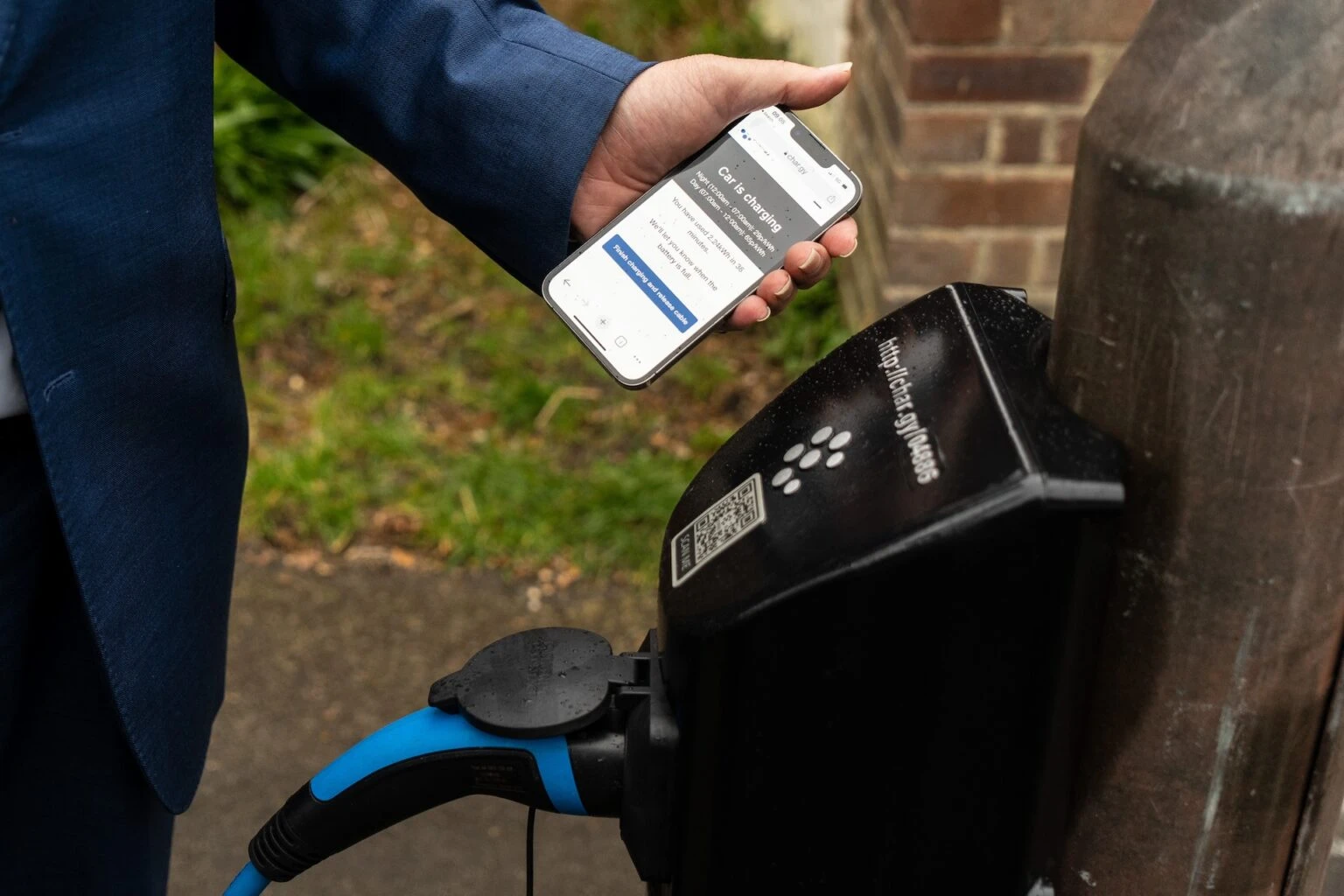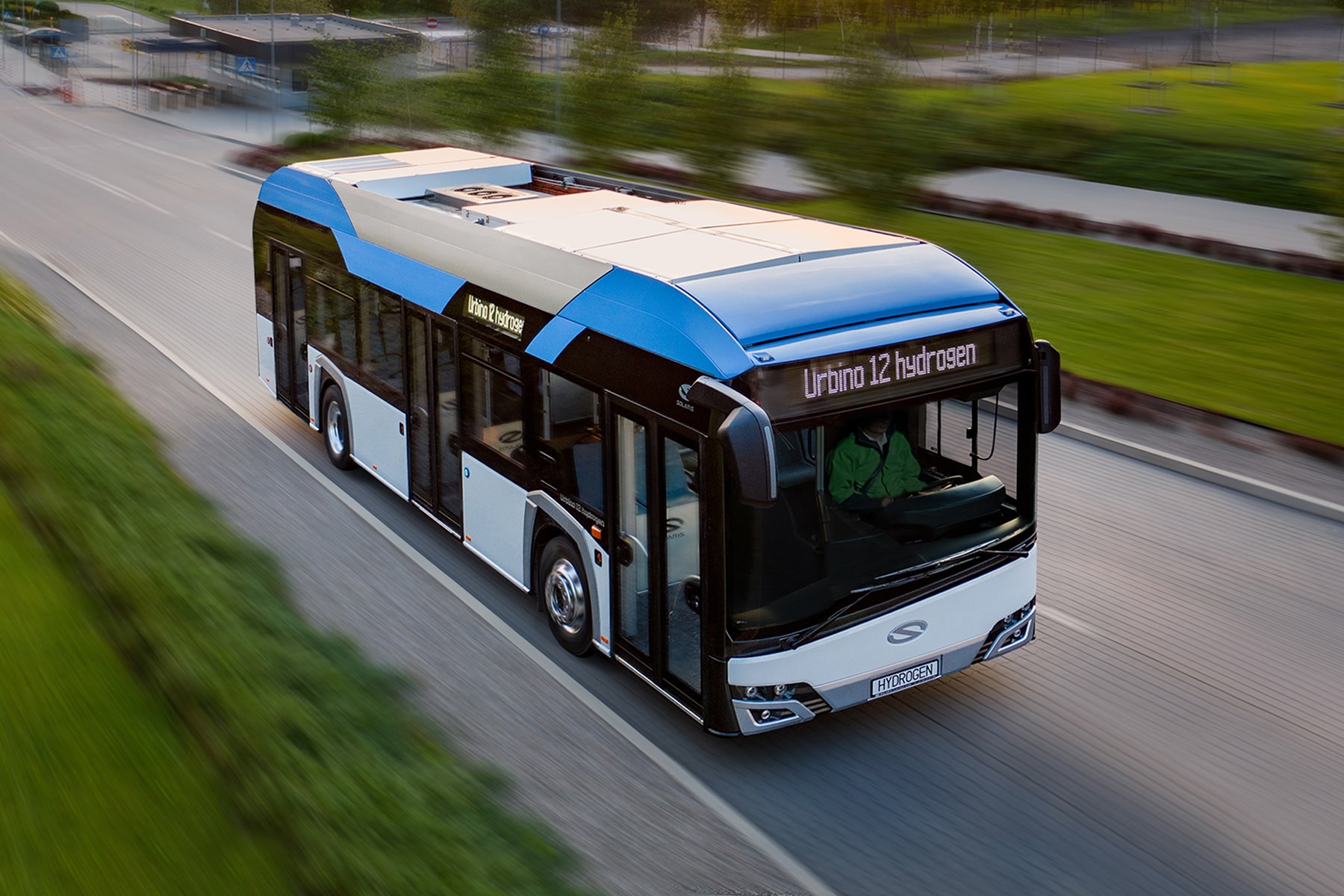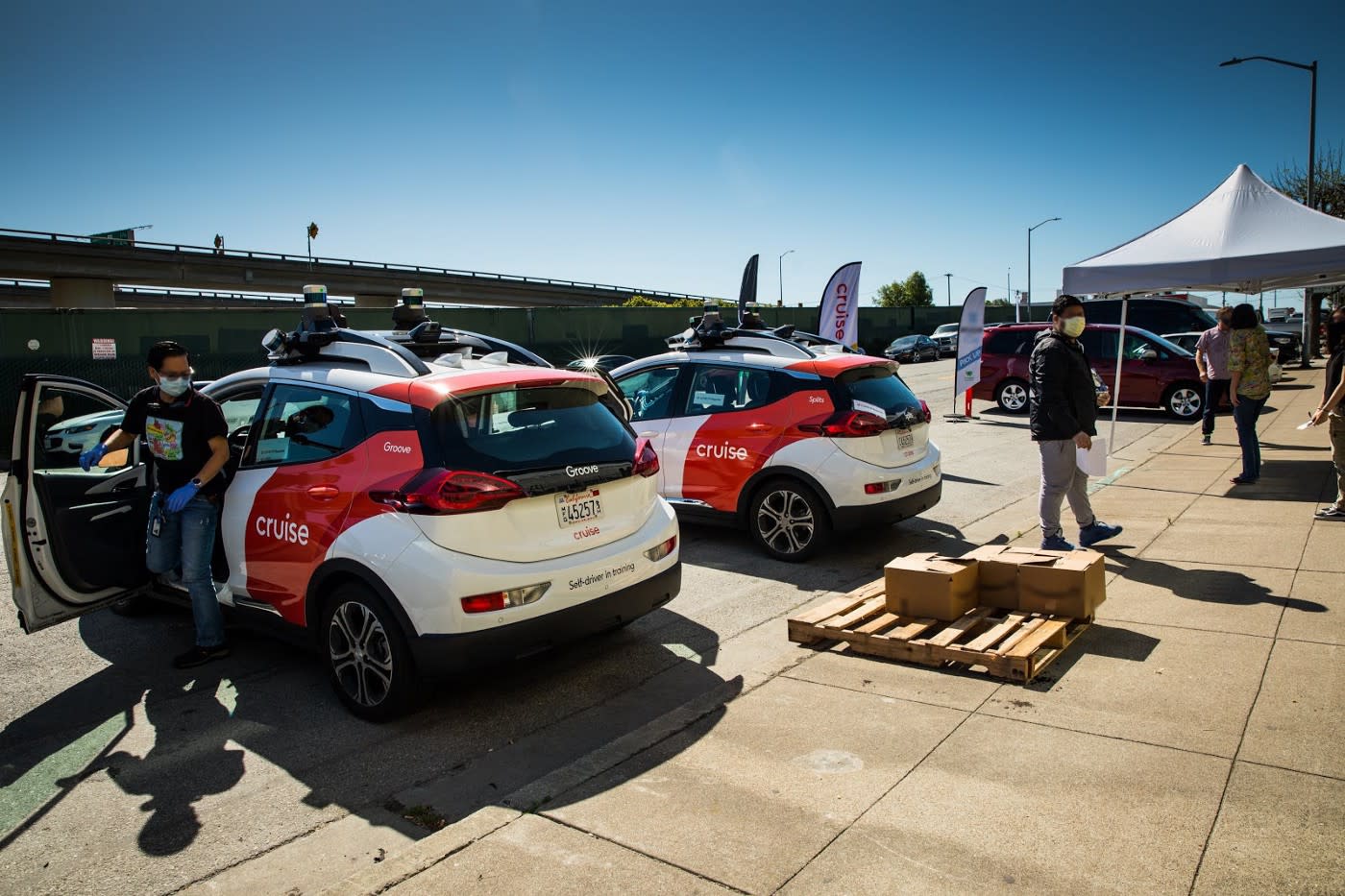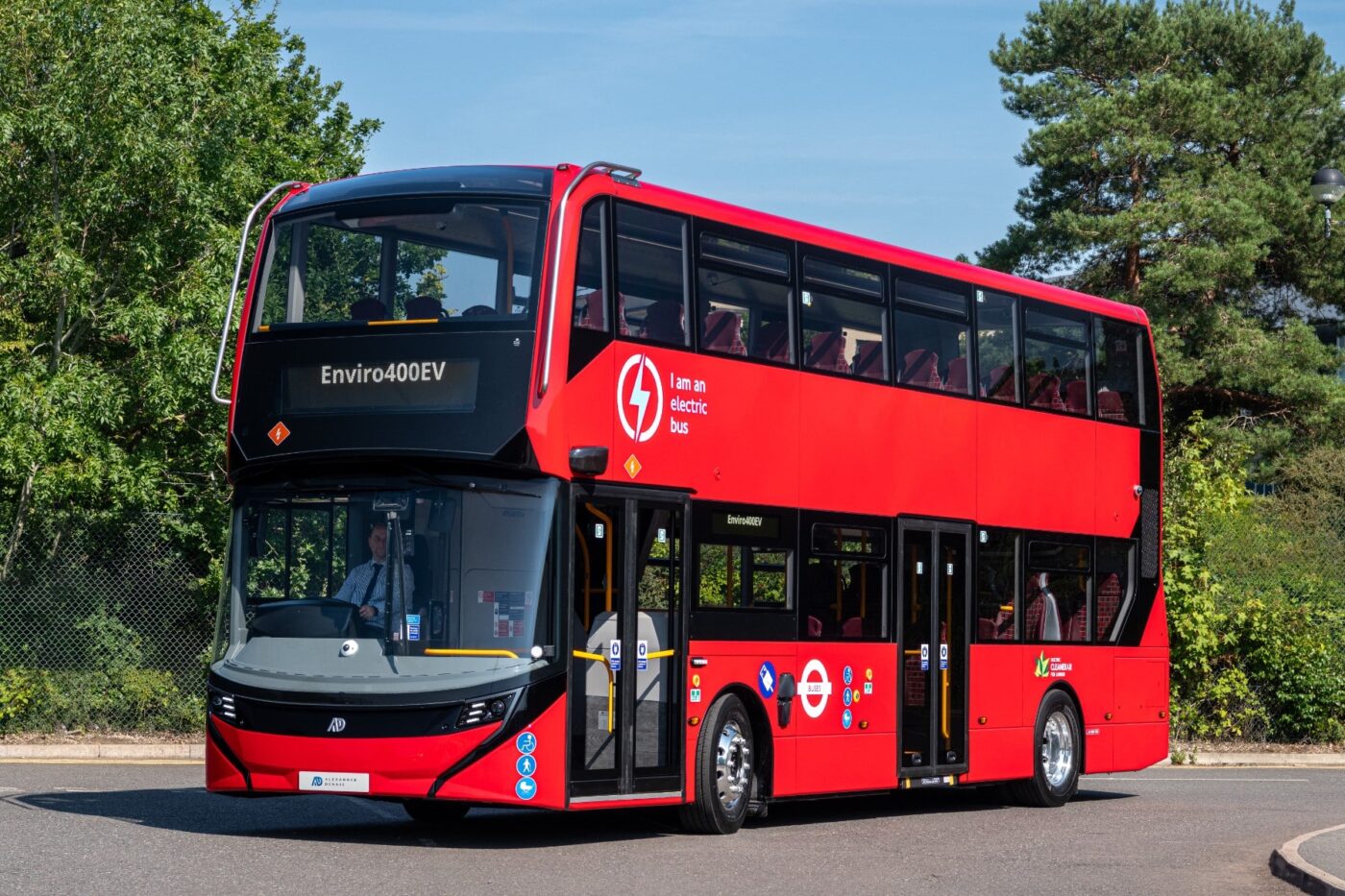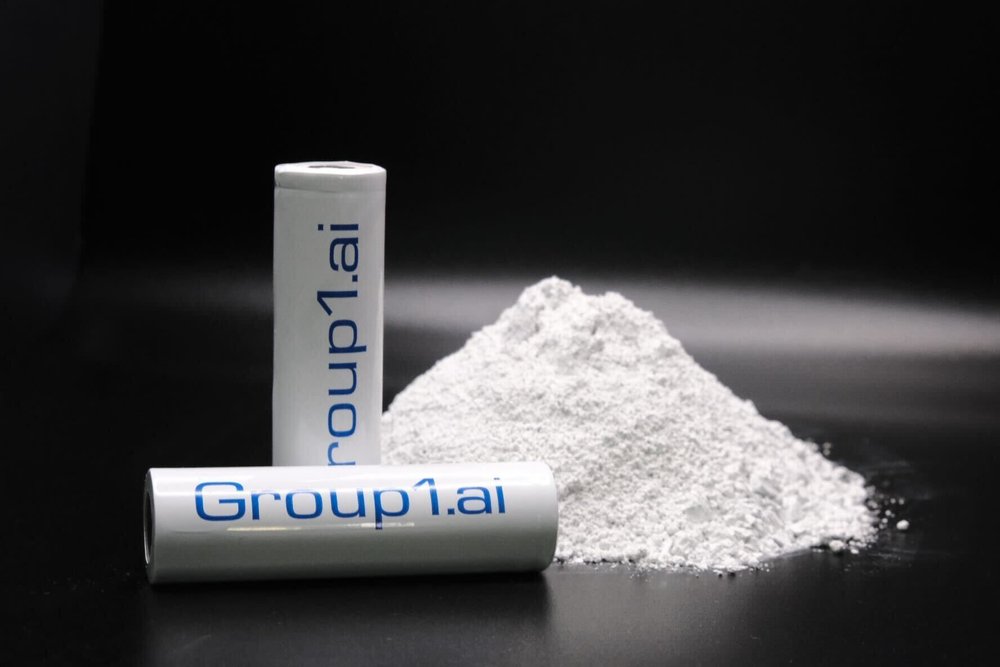Magna International reported second-quarter results below analysts’ estimates, impacted by halted production for certain vehicles and reduced volumes in automobile assembly. The news led to a 2% drop in the auto parts supplier’s shares.
The Canadian company, which counts BMW, Mazda, and Ferrari among its clients, produces parts and assembles vehicles at its complete vehicle manufacturing unit for various automakers.
“There were layoffs at Magna’s complete vehicle operations,” the company stated on Friday, noting that job cuts began earlier this year. “Sales were negatively impacted by the end of production of certain programs, lower complete vehicle assembly volumes, including as a result of the end of production of the BMW 5-Series.”
Magna anticipates losing about $700 million in sales due to the cancellation of INEOS Automotive’s vehicle program. In May, Magna recorded $316 million in asset impairments and restructuring costs related to the troubled EV startup Fisker.
While demand for automotive parts and services had risen in recent years, it has declined as automakers shift focus from expensive electric vehicle plans to gas-powered models. CFRA analyst Garrett Nelson commented, “Magna’s complete vehicle unit is a drag on consolidated margins,” adding that Fisker’s bankruptcy and challenges faced by other EV makers have created significant headwinds for the supplier.
In contrast, rival Aptiv surpassed Wall Street expectations for quarterly profit on Thursday. However, its revenue from the segment producing electrical components fell 3% due to reduced production by some customers.
Magna, based in Ontario, has lowered its 2026 sales forecast range to $44.0 billion to $46.5 billion, down from the previous estimate of $48.8 billion to $51.2 billion. For the second quarter ending June, the company reported adjusted earnings of $1.35 per share, below the $1.44 estimate from LSEG data. Overall quarterly revenue slightly decreased to $10.96 billion, missing the $11 billion estimate.


